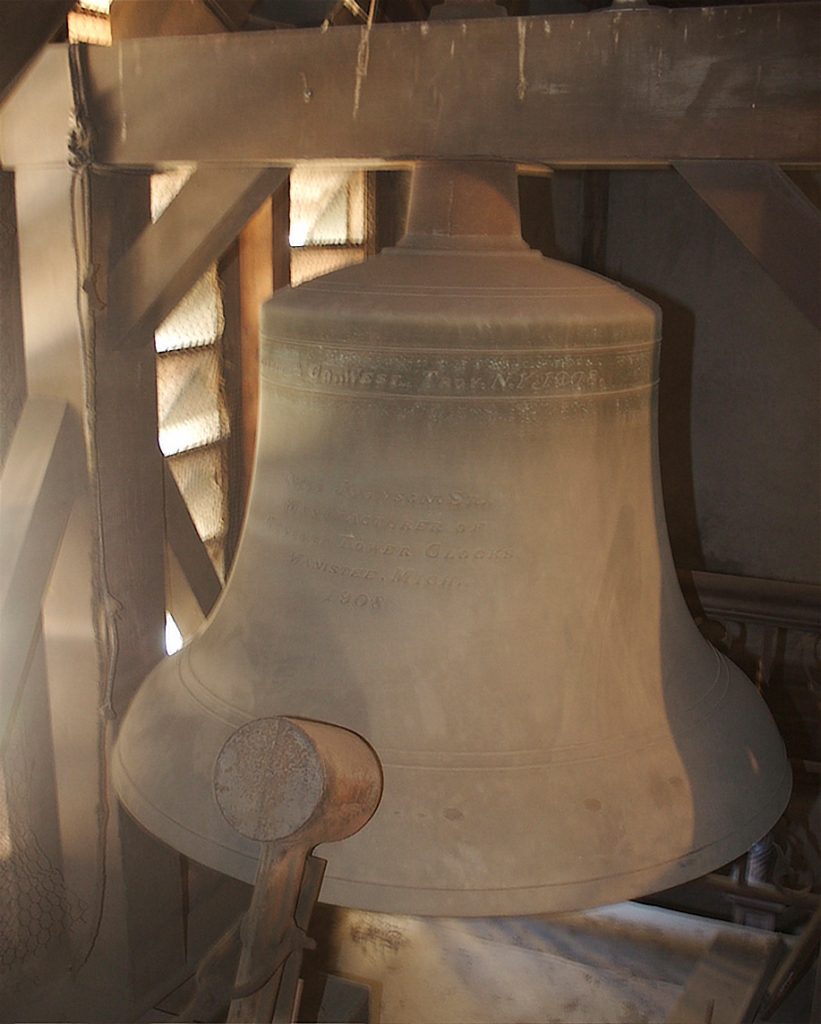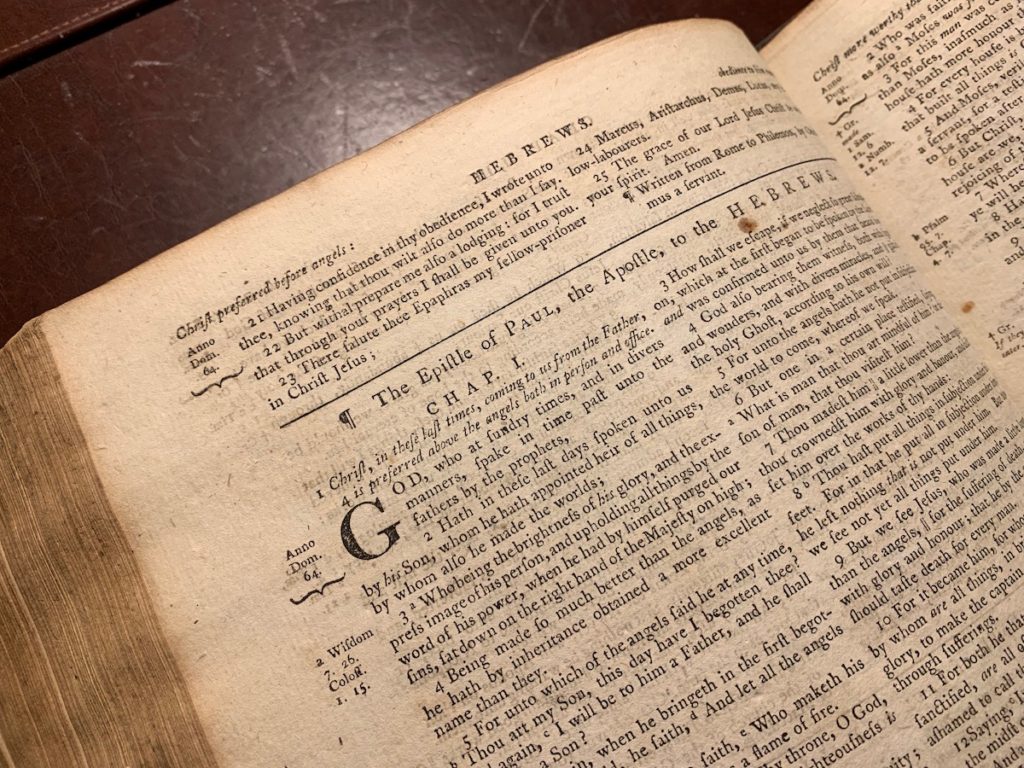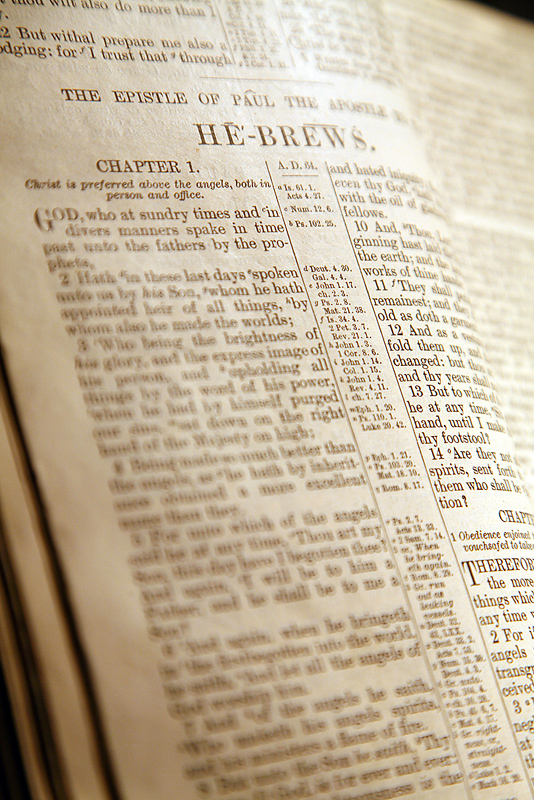
What follows you have probably never heard before. Hopefully the truth of it will ring loudly like a bell in your heart and mind!
What is the main theme of the Epistle to the Hebrews? For certain, The the author is not debating about the validity of the Torah-law of Elohim. To say that he is to miss the whole point of the book. Rather he is discussing whether the Levitical system with its sacrifices and various rituals involving the Tabernacle of Moses (and later the temple in Jerusalem) is still valid or not.
Why is this such an important issue in the author’s mind? Simply for this reason: the temple is about to be destroyed or has already been destroyed along with its Levitical and sacrificial systems. This begs the question: How are the saints of Yeshua now to view the temple with its rites?
There is debate among scholars as to when this epistle was written, but it is commonly accepted that it dates to around A.D. 70, which is when the Romans destroyed the temple in Jerusalem along with its sacrificial system and Levitical priesthood. Therefore, of paramount importance in the mind of the author is the issue of the relevance, if any, the Levitical and sacrificial systems had in the life of the disciple of Yeshua. We see throughout this epistle that it is the author’s position that these systems in every way pointed to Yeshua and were thus fulfilled by his life, death, resurrection and current intercession on behalf of the believer at the right hand of his Father’s throne in heaven.
Again, what is not an issue in the author’s mind is whether YHVH’s Torah-law is valid or not. This was never the issue in this epistle, even though the mainstream church has erroneously and traditionally made it the issue as its advocates twist and mangle the Scripture to say what they want it to say instead of what it actually says. Just because a thousand, million or billion people scream in unison that two plus two equals five, that man descended from the cousins of apes or that the earth is flat does not make it so. The same is true when Christian theologian existing in an echo chamber of their own construction scream and declare that the book of Hebrews is in some way invalidating the Torah.
True, the Levitical system was an aspect of Torah, but it was given to the children of Israel after YHVH had initially revealed his Torah-law to them at the foot of Mount Sinai. The Levitical and sacrificial systems were temporarily added to the overall Torah (Gal 3:19) after the golden calf incident as a way to help the Israelites spiritually by preventing them from falling into idolatry again. It was designed to guide them in the path of righteousness. The Levitical system was, therefore, a temporary parenthetical subordinate subset of the Torah in place until the Messiah would come to which the whole system pointed. Whether it was no permissible to steal, murder, lie, commit adultery, worship idols, practice witchcraft, have sex with animals, keep the Sabbath and biblical feasts was never the issue of this book or anywhere else in the Bible including Paul’s epistles.
At issue in the author’s mind is whether the temple service was still needed some forty years after the death and resurrection of the Messiah, who himself predicted the demise of the temple along with its sacrificial system. Was the impending destruction at the hands of the Romans the fulfillment of Yeshua’s prophecy? Until that time, the temple in Jerusalem had played such a central role in the lives of religious Jews everywhere including, to some degree, the apostles (as the book of Acts indicates) that the idea of its irrelevance is an issue of extreme importance and to be carefully considered. The author of Hebrews is wrestling with this whole idea and because the temple’s destruction is imminent (assuming Hebrews was written before A.D. 70), or had just happened (if the epistle was written just after A.D. 70), he has to convincingly make the point, from Scripture, that the temple and its rites are now irrelevant for the disciple of Yeshua. Therefore, in ana effort to prove that the Levitical and sacrificial systems are now longer needed, the whole book of Hebrews is about transferring the believers’ focus away from a physical and earthly temple with its rites and ceremonies and, instead, to lift the focus of the saints’ collective gaze into the heavens where the true and eternal temple of Elohim exists (after which the earthly tabernacle and temple were patterned) and where Yeshua the Messiah is currently ministering as our Great High Priest. This is the whole purpose of the Epistle to the Hebrews—to glorify Yeshua the Messiah and to fix our attention on him and him alone!




